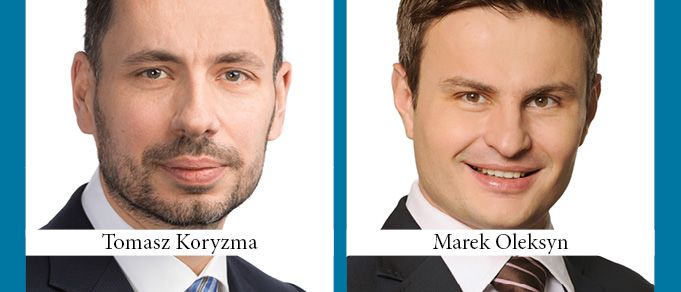With ever-increasing spending on research and development and innovation, patents and patent applications are becoming an increasingly important part of business throughout the world, including Poland. Patentable inventions as well as confidential technological know-how now constitute key assets of numerous businesses operating across all sectors of the Polish market.
Under Polish law, the effective transfer of patent rights from one business to another, either as an assignment or under a license agreement, requires the observance of certain rules and formalities.
Assignment
Patents that are effective in Poland are governed by the Polish Industrial Property Law of 30 June 2000 (the “IPL”). The IPL sets out the scope of patent protection and its enforcement and also provides certain rules related to assignment. Patents can be assigned via different types of agreements under Polish civil law. The most common instrument used to assign a patent is a sale contract. However, a patent can also be assigned under a donation agreement or as a result of an in-kind contribution to a company, among other ways.
The key formality in a patent assignment agreement is the observance of written form. An agreement that is not in writing will be null and void. Polish civil law sets out the requirements of the written form.
In an agreement the parties must specify the subject of the assignment in sufficient detail. This includes an indication of the invention being assigned (e.g., its title) together with the patent number granted by the Polish Patent Office.
Under Polish law, unless certain specific contractual clauses are included in an assignment agreement (for example, conditions precedent for a patent sale), a patent is effectively assigned once a valid agreement has been concluded. Although changing the owner in the Polish patent register is not necessary for the effective assignment of a patent, making this update is nonetheless vital, as an assignment of a patent becomes effective vis-à-vis third parties only when it has been entered into the patent registry. This has an impact on the assignee’s right to effectively enforce the patent in the case of a possible infringement, among other things. The patent register maintained by the Polish Patent Office also enjoys a legal presumption of truthfulness and common knowledge.
When acquiring a Polish patent it is crucial for the purchaser to ensure that the previous patent holder provides all the necessary technical information to enable the purchaser to use the patented invention.
Finally, under the IPL it is also possible to assign the right to obtain a patent. This pertains to cases where a patentable invention has been created but has not yet been filed with the Polish Patent Office or where proceedings to grant a patent are still pending.
Licensing
Under the IPL a patent license agreement also requires the observance of written form under pain of nullity. If the parties have made no specific arrangements in a license contract, a full license is granted, which means that the licensee is authorized to use a licensed invention in the same scope as the patent holder. If a licensee would like to obtain exclusivity to use a patented invention under a license agreement, it should ensure that the contract expressly provides for this right. No sublicensing right follows from a license agreement unless the parties expressly provide it. Further sublicenses beyond the first are not allowed under the IPL.
Certain specific restrictions follow from the IPL regarding a licensee’s right to enforce a licensed patent. Only an exclusive licensee who is additionally entered into the Polish patent register can enforce a licensed patent towards third parties in the case of an infringement, unless the license provides otherwise.
The IPL allows for licensing both inventions that are already patented and inventions which have only been filed for patenting or will not be filed at all but constitute the owner’s trade secret. License agreements related to know-how are generally allowed under Polish law.
By Tomasz Koryzma, Partner, and Marek Oleksyn, Counsel, CMS Poland
This Article was originally published in Issue 4.5 of the CEE Legal Matters Magazine. If you would like to receive a hard copy of the magazine, you can subscribe here.

















